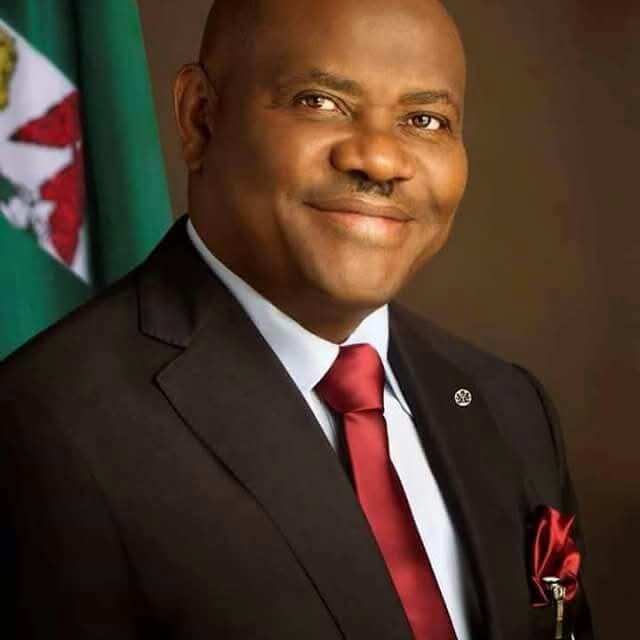Indigenous people of the Federal Capital Territory (FCT) have issued a strong rejection of the Federal Capital Territory Administration’s (FCTA) longstanding relocation policy, calling it a gross violation of their human rights and a betrayal of Nigeria’s constitutional promises.
At a public hearing convened by the House of Representatives Committee on Area Councils and Ancillary Matters on Tuesday, the natives demanded an end to decades of displacement and marginalisation.
They called instead for a model of urban development that embraces integration, respect, and equity—rather than policies that uproot communities in the name of modernisation.
“We are not strangers in our land,” declared Hon. Bala Iya, a representative of the Kpaduma community. “Farmlands have been seized without compensation. Our means of livelihood, our cultural identity, our spiritual connection to this land have all been violated.”
The session, held at the National Assembly Complex, Abuja, saw testimonies from traditional rulers, community leaders, civil society groups, and lawmakers. The central message was clear: justice for FCT’s original inhabitants is long overdue.
Opening the hearing, Speaker of the House of Representatives, Hon. Tajudeen Abbas, through his representative, Hon. Joe Oke Onuakalusi, urged all stakeholders to speak candidly, assuring that their input would guide legislative reforms.
He described the hearing as “a critical step toward promoting national unity and the brotherhood embedded in Nigeria’s constitution and national anthem.”
Abbas acknowledged the unresolved issue of FCT integration, stating, “This is not just about Abuja. It is a reflection of broader questions about justice, equity, and how we treat native populations across Nigeria.”
Chairman of the Committee, Hon. Fredrick Agbedi, emphasised that the hearing was triggered by concerns over the impact of forced resettlement and the lack of legal clarity around land ownership and citizenship rights within the capital.
“The FCT is a symbol of unity and a representation of our national ideals,” he said. “But its growth has come at a cost—namely, the displacement of indigenous communities, rising tensions between customary land rights and urban planning, and the exclusion of original inhabitants from the city’s development.”
Traditional leaders echoed these concerns. The Sepeyi of Garki, Chief Usman Nga Kupi—speaking on behalf of the Ona of Abaji—highlighted the historical sacrifices of FCT natives.
“Our people surrendered their ancestral lands for national development. Yet, today, they are treated as outsiders and squatters,” he said.
The Original Inhabitant Development Association of Abuja added constitutional weight to the conversation. Represented by Giwa Bamaiyi, on behalf of the group’s President, Pastor Danladi Jeji, the association called for the establishment of a National Commission for Indigenous Peoples and a constitutional amendment to secure the rights of original inhabitants.
“The time has come for a new deal for FCT natives,” Bamaiyi said. “We demand equal rights, not charity. We want full integration, not token compensation.”
In response, the Director of Resettlement and Compensation at the Federal Capital Development Authority (FCDA), TPL Nasiru Suleiman, asked for more time to present the agency’s memorandum. The committee granted a two-week extension.
Lawmakers promised a thorough review of all contributions. “This 10th House is committed to finding legislative solutions that reflect the collective aspirations of our people,” Abbas assured.
